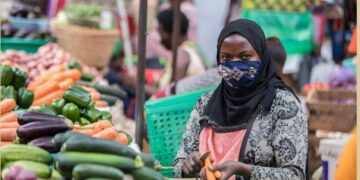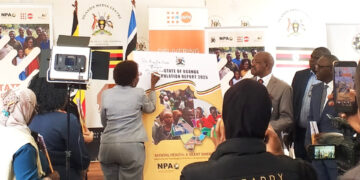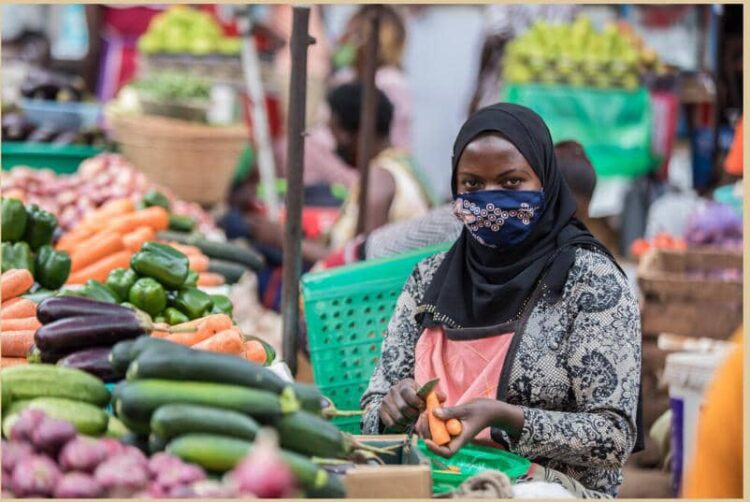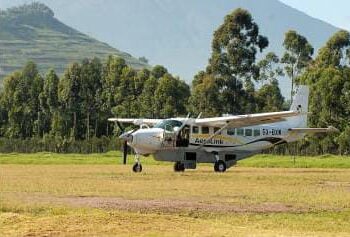By Gilbert Akampa Kakurugu
Kampala
Africa’s food security is under severe threat, with nearly 300 million people already undernourished and demand projected to soar as the continent’s population rises to 2.5 billion by 2050, a new report has warned.
The 2025 Africa Food Systems Report (AFSR), launched under the theme “Drivers of Change and Innovation in Africa’s Food Systems”, cautions that without urgent and coordinated reforms, Africa could overtake Asia as the global hunger hotspot by the end of this decade.
The report highlights glaring shortfalls in crop yields, infrastructure, and financing, noting that one in five Africans went hungry in 2023 despite billions of dollars in investments. It warns that incremental progress will not be enough to avert worsening malnutrition and food insecurity.
“Africa cannot feed its future with the tools of the past. We must invest not just in seeds and soil, but in governance, finance, and infrastructure that empower farmers as entrepreneurs and innovators,” the report states.
Dr. John Ulimwengu, the report’s lead author, said the findings offer a roadmap for transformation. “This year’s AFSR is more than a call to action — it is a roadmap for systemic transformation. Africa has the vision, capacity, and collective leadership to shift from fragmented progress to integrated, resilient food systems,” he said.
Key Findings
Crop Yields Lagging: Africa’s cereal yields average 1.7 tons per hectare, less than half the global average of 4.2 tons. While Eastern Africa has achieved some productivity growth, other regions continue to expand farmland at the expense of forests and soil health.
Climate Pressures: Droughts, floods, and rapid urbanization are reshaping demand and supply, increasing the urgency for climate-smart farming and soil management.
Finance Deficit: Agriculture receives less than 5 percent of commercial bank lending, with public investment averaging only USD8 per rural inhabitant.
Infrastructure Gap: Poor transport networks, limited storage, and weak cold chains cause up to 30 percent of food to be lost before reaching markets. Closing Africa’s annual infrastructure financing gap, estimated at USD67–108 billion, could halve these losses and raise farmer incomes by 40 percent.
The report also underlines the role of governance, showing that countries with stronger institutions record lower hunger rates, while fragile states suffer food insecurity above 80 percent.
Blueprint for Reform
The 2025 CAADP Kampala Declaration, endorsed by African Union member states, provides a policy framework to put farmers especially women and youth at the center of food systems reform. It calls for integrating sustainability and resilience into the agricultural value chain and leveraging the African Continental Free Trade Area (AfCFTA) to unlock intra-African agricultural trade.
The report concludes that the stakes are existential. “The transformation of Africa’s food systems will define the prosperity, health, and stability of the continent for generations. The choice before us is stark: act boldly now, or risk locking millions into cycles of hunger and poverty,” it warns.








































